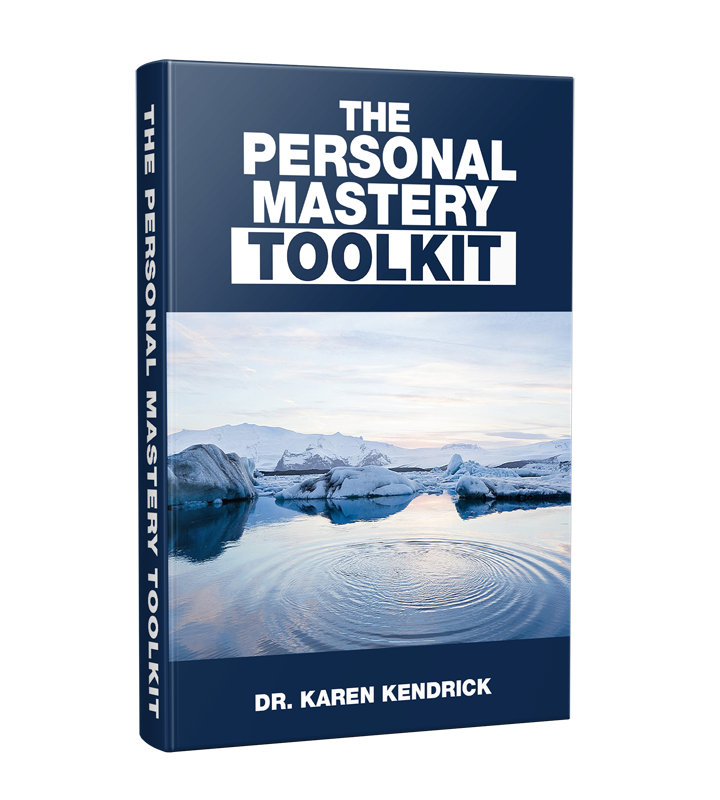THE 6 SECRETS TO MANAGING OPTIMISM
A damaged space capsule on it’s way to the moon. Three astronauts. “Houston, we have a problem.”
Those famous lines have become a catchphrase ever since the Academy Award-nominated movie hit theatres in 1995.
But beyond the epic true storyline and gripping conclusion lie some extraordinary lessons in leadership and personal mastery.
When most of the NASA executives on the ground were doubting that the crippled spaceship could survive re-entry to the earth’s atmosphere, Flight Director Gene Kranz (played by Ed Harris), says “With all due respect, I believe this is going to be our finest hour.”
That confidence and optimism was a critical asset in delivering a safe landing when many felt it was impossible.
So how do you manage optimism for yourself and/or those you lead?
Here are 6 secrets to managing optimism:
1) Limit your exposure to negativity
We are bombarded on a daily basis with negative news headlines, cynical social media posts, doomsday predictions, and heated political rhetoric.
While it’s important to stay informed to a certain extent, over-exposure to toxic influences erodes your underlying sense that all is well. It’s not uncommon to subconsciously absorb more than you realize as you go about your day.
So the key is to limit your interactions with negative people and media, and counterbalance the negativity with more exposure to joyful, uplifting messages. You can boost your daily positivity quotient through upbeat music, comedy, family-oriented tv shows, religious services, poetry, quotes, etc.

Get a FREE copy of The Personal Mastery Toolkit.
Raise your game and lead an exceptional life.
2) Be vigilant about your self-care to sustain energy in your body
When you feel tired, sleep-deprived, burned out, or generally unwell, it’s harder to feel a sense of hope and confidence about things. Your mental outlook can greatly diminish if you’re not fueling your body with good food, staying hydrated, getting adequate rest, and taking restorative time off. When you make these things a priority, you’ll be more resilient to setbacks and problems, and will have more energy to address issues.
3) Invest in the proper resources and preparation
It’s easier to feel optimistic when you also feel prepared and supported. By investing in the right tools, guidance, systems, etc., you naturally feel you have a better chance of success, so you feel more hopeful.
That being said, you can still be optimistic even if you don’t have access to the best resources. There are many examples of people beating the odds simply with the right level of passion, persistence, and mindset. But by making smart investments to the extent possible, it gives you a natural advantage, so it makes sense to make use of it whenever you can.
WANT TO ACCELERATE YOUR PERSONAL GROWTH AND SUCCESS?
Take the BRILLIANCE BLUEPRINT™ digital course.
4) Practice finding “the good” in situations until it becomes habit
While this may sound obvious, it bears reminding. Many professions teach the skills of analysis and diagnosis. These people have actually been trained to look for problems so that they an be corrected.
When you’re a scientist, doctor, bookkeeper, personal trainer, or handyman, your aim is to fix things. So that side of the brain often has as much practice finding holes as it does finding solutions or silver linings.
So the key is to start asking “What’s good about this?”, or “How can I make this more beneficial?” The more you practice, the more you’ll develop it into a useful skill. Once you’re skilled at finding “the good”, you’ll naturally feel more optimistic.
5) Spend time around optimistic, upbeat people
It goes without saying that you are greatly influenced by the people you spend the most time with. Being around negative, cynical, fault-finding people can bring you down.
But rather than just avoid toxic people, you’ll increase your optimism even more when you proactively seek out people with a positive world-view and self-image.
You may even absorb some better ways of communicating, managing conflict, and problem-solving by being around people who stay optimistic. That’s because these people often take positive actions to support their optimism by addressing issues constructively, not focusing on blame, etc.
6) Keep things in perspective
Martin Seligman’s 1990 book, Learned Optimism, outlines his research findings that optimists are higher achievers and have better overall health.
When he looked at the specific mindsets involved, he found that optimists saw bad things as not being permanent, pervasive, or personal. This allowed them to bounce back more quickly from failure and keep their confidence and hope.
Subsequent research by Seligman and others supports these findings and the view that you can learn to be optimistic by using the “not permanent/pervasive/personal” perspective when faced with adversity.
DIVE DEEPER: Boost your motivation and resilience by mastering how you think about your life story here.

Get a FREE copy of The Personal Mastery Toolkit!
Raise your game and lead an exceptional life.
IF YOU LIKED THIS CONTENT, CHECK OUT:
NEW TO KAREN?



